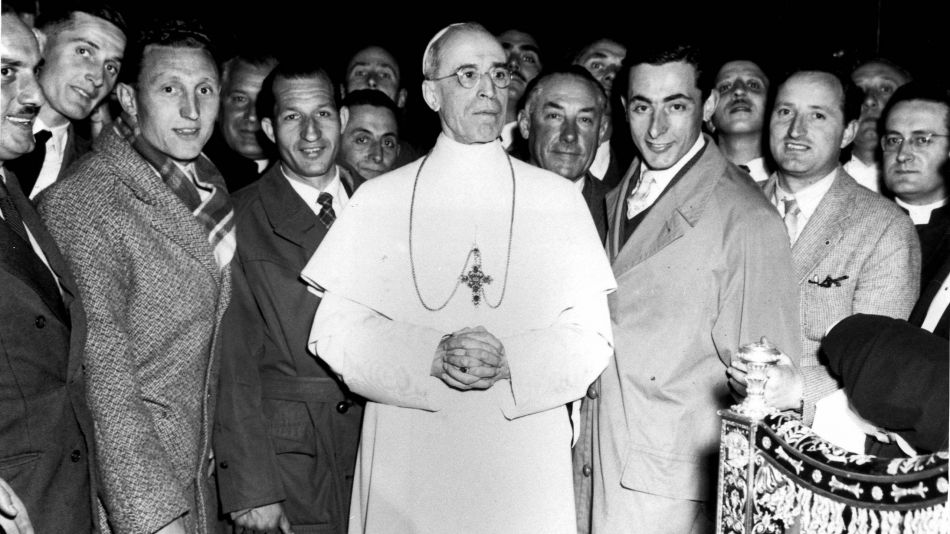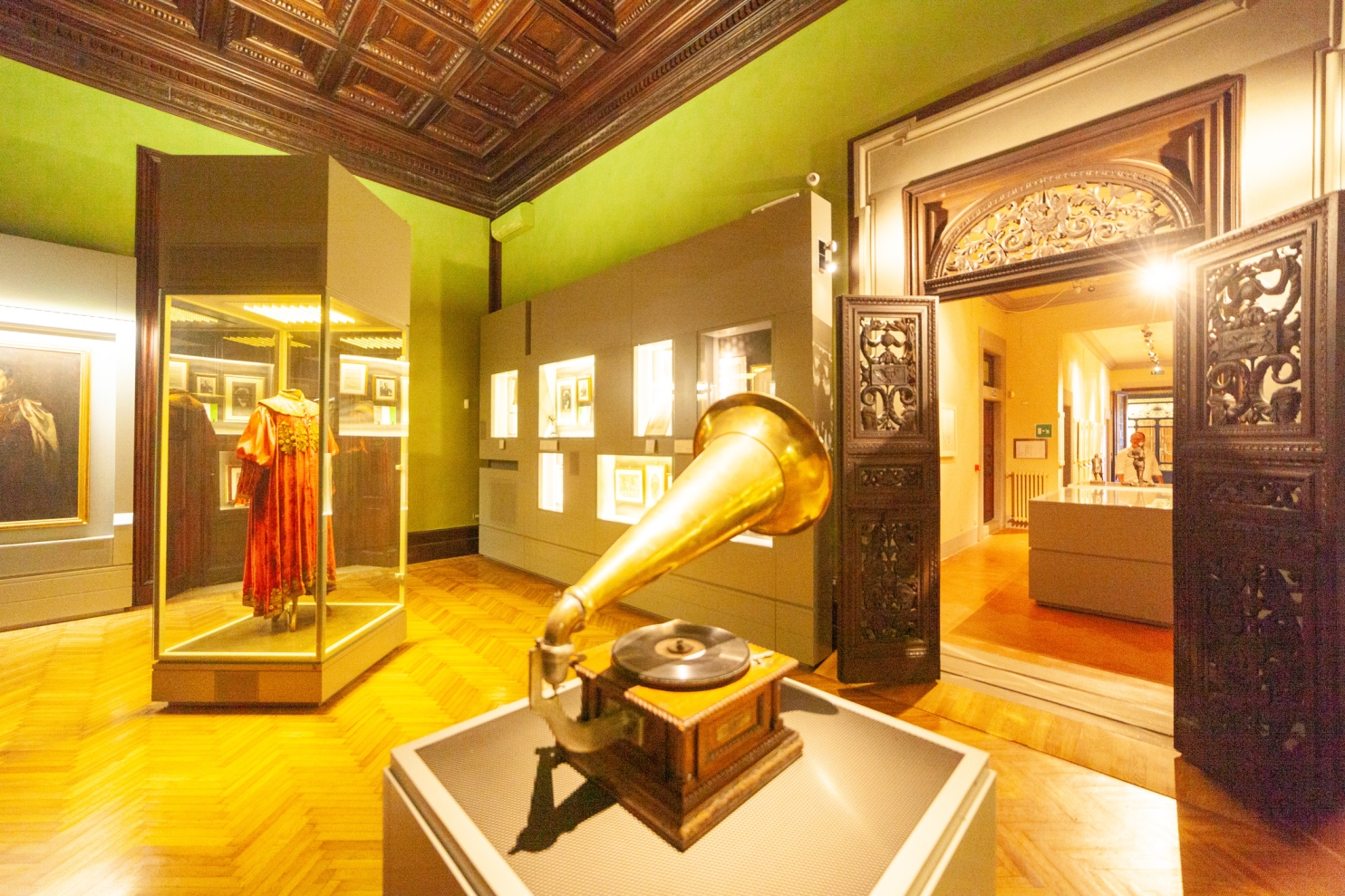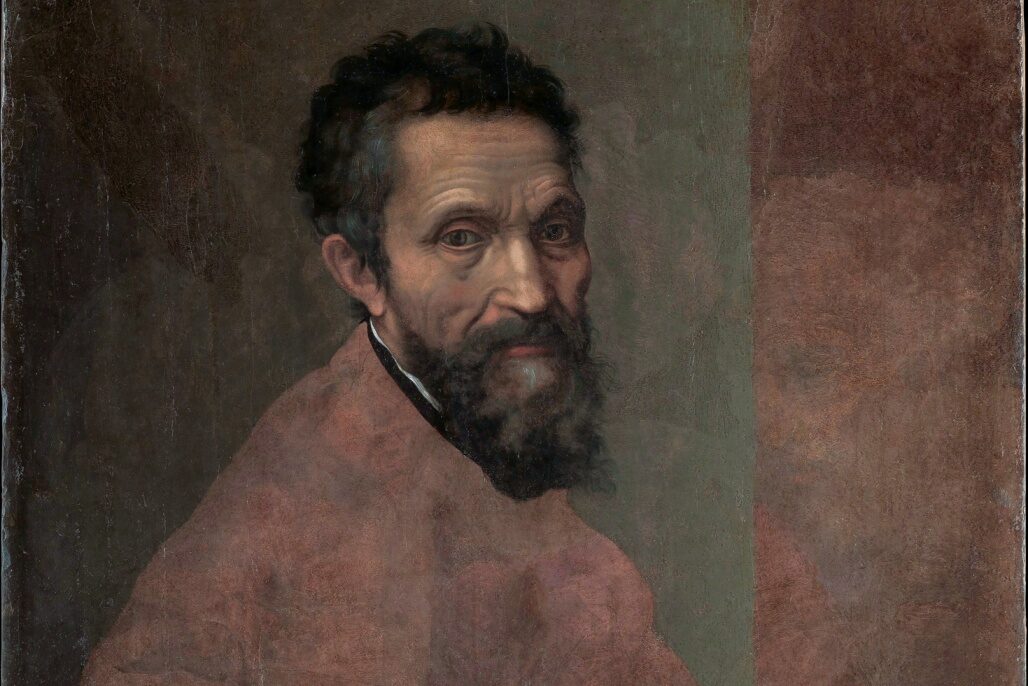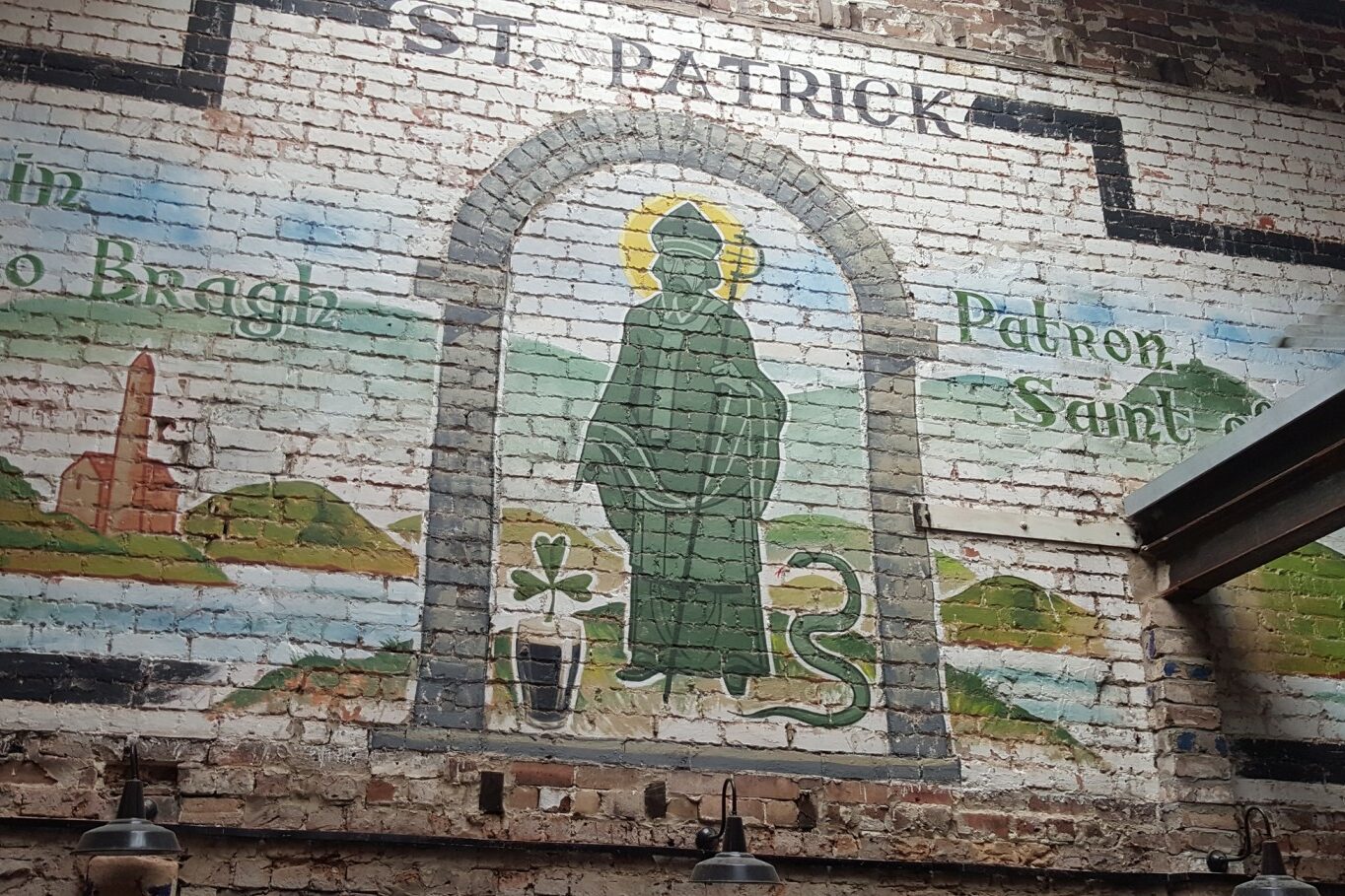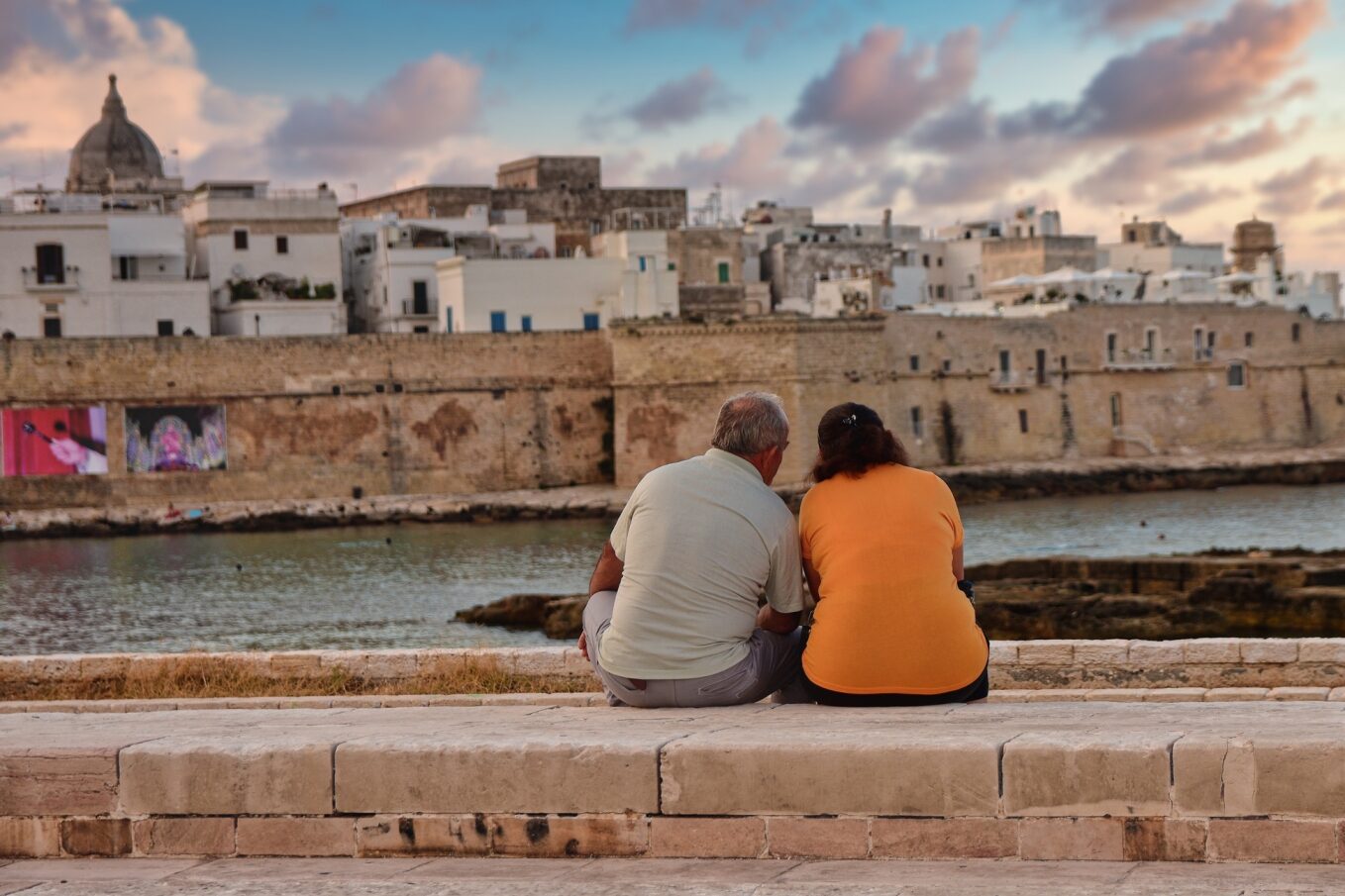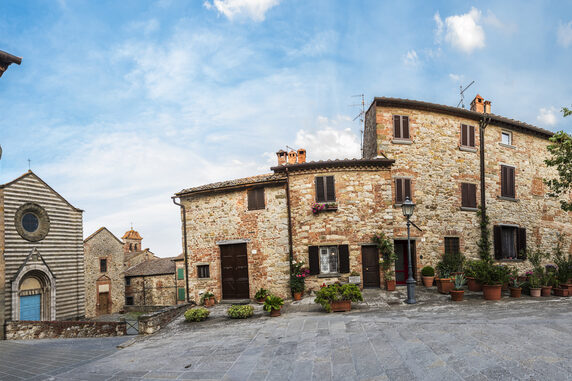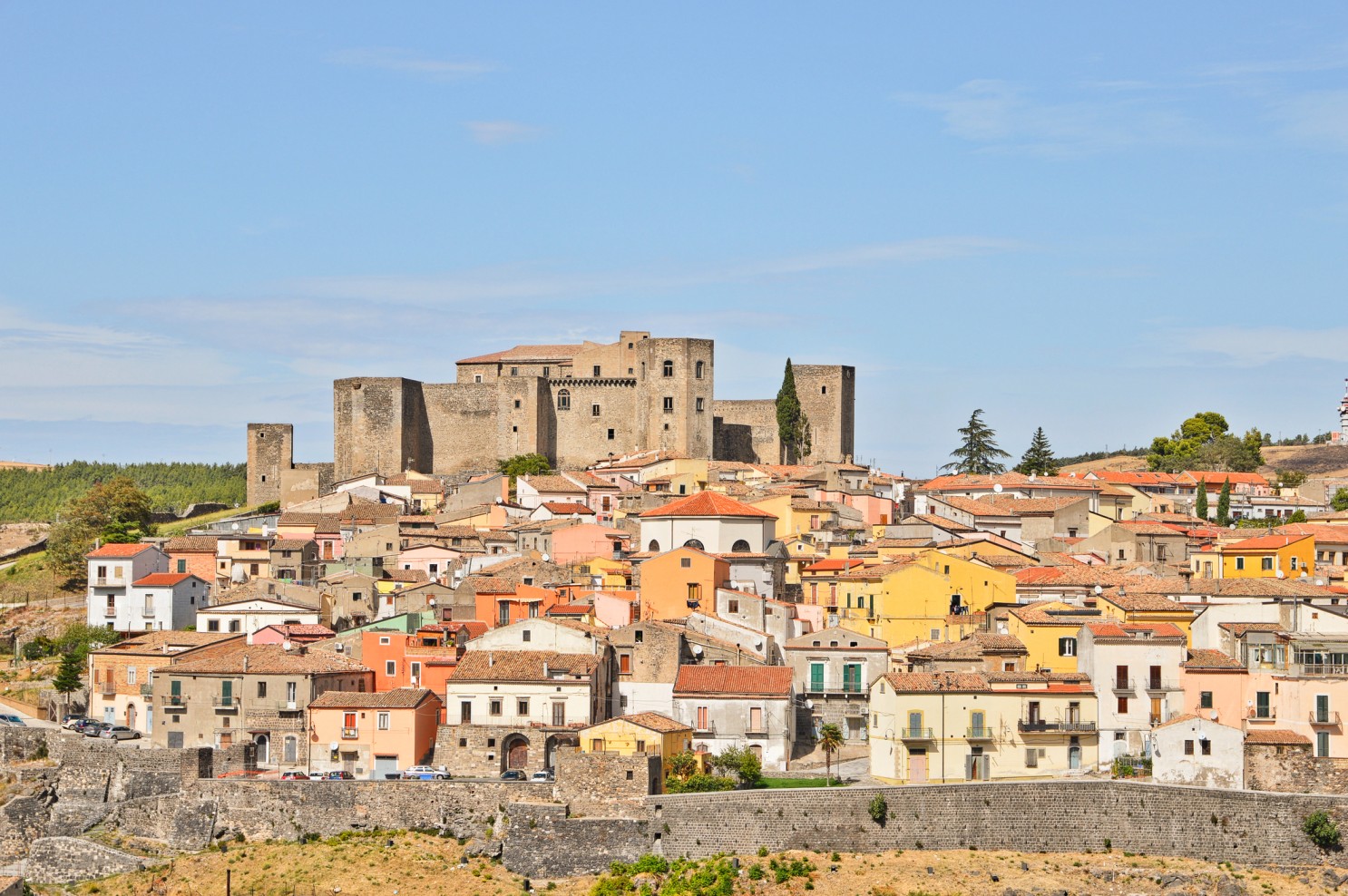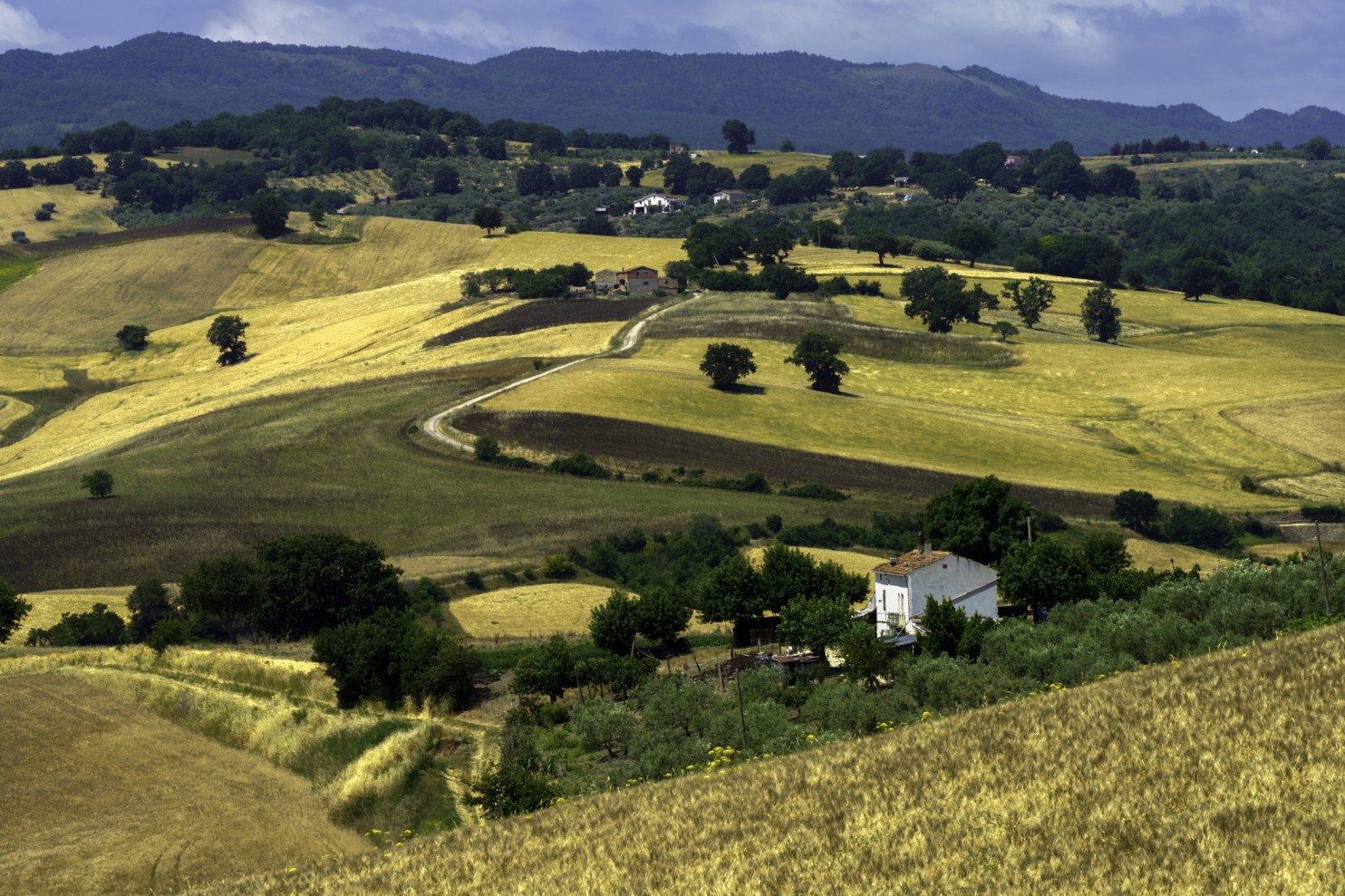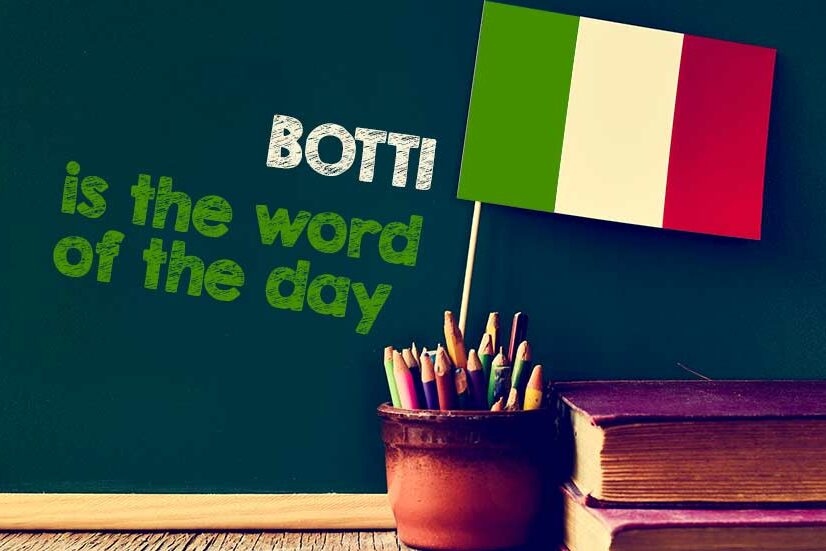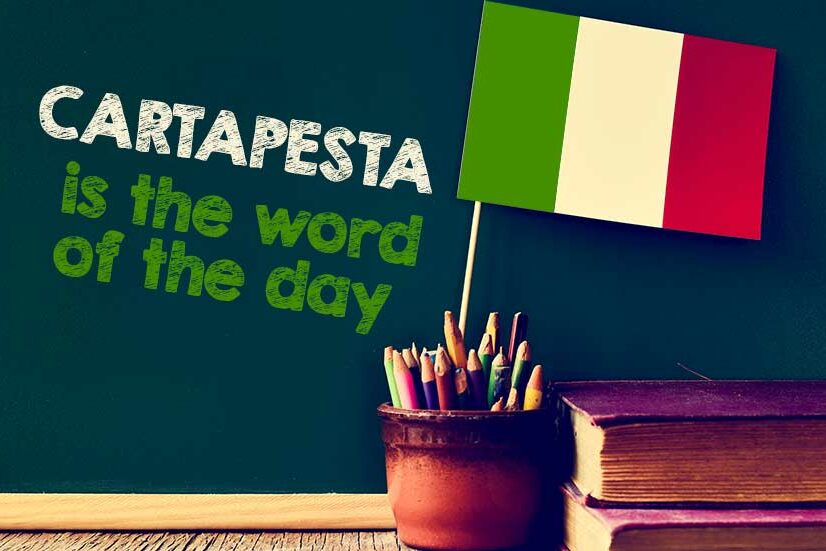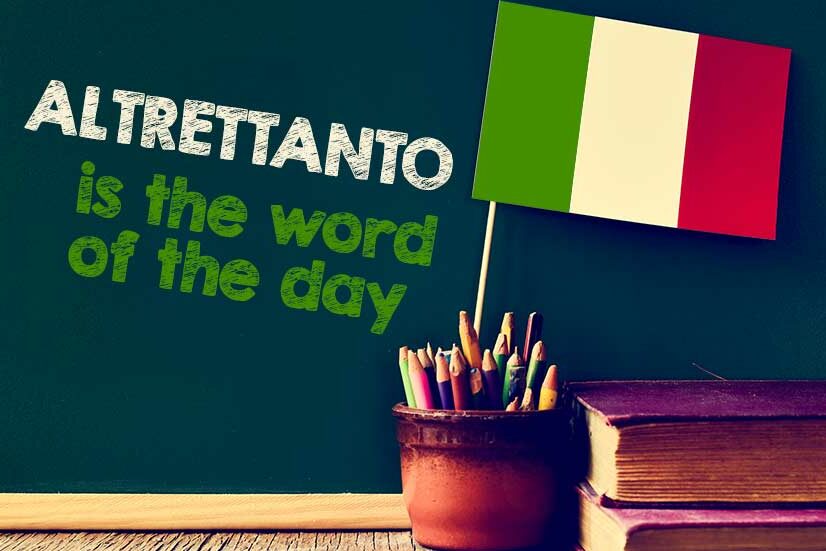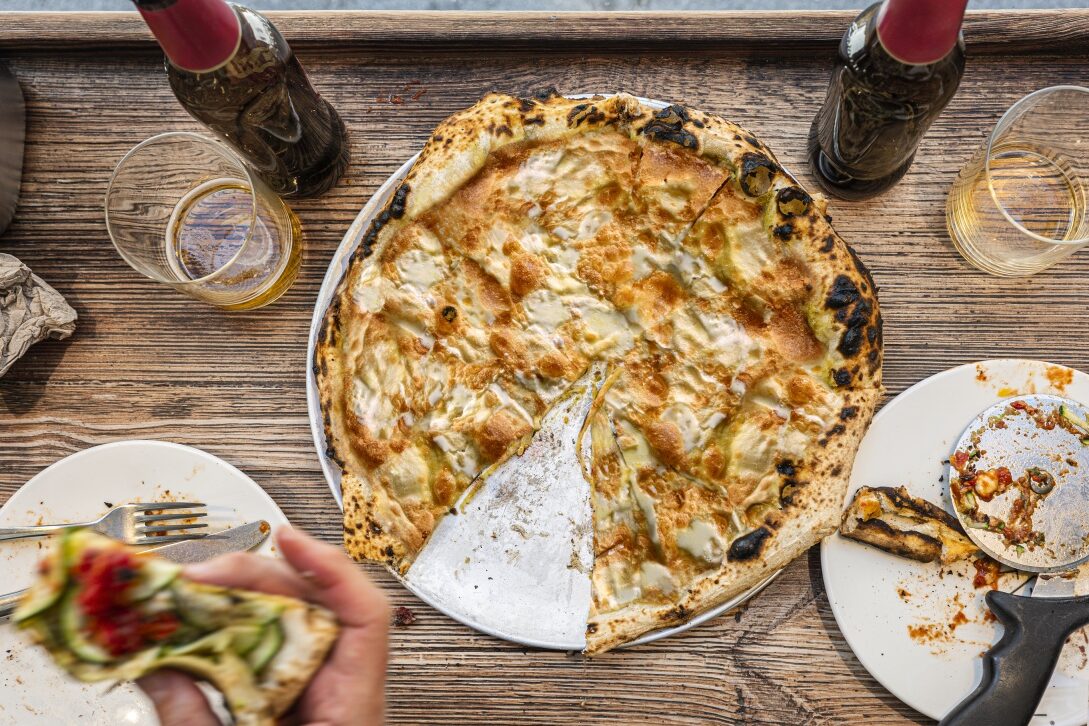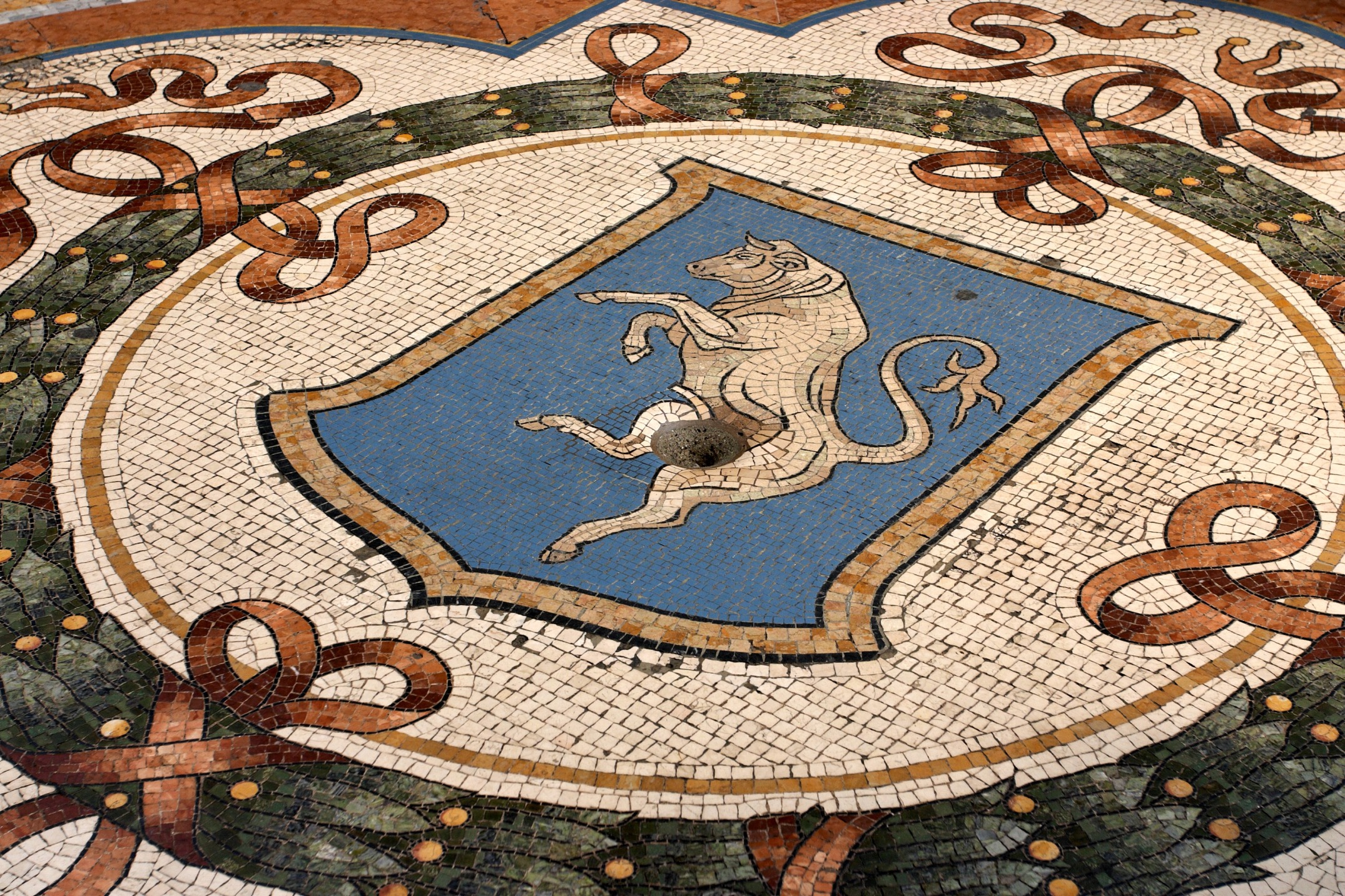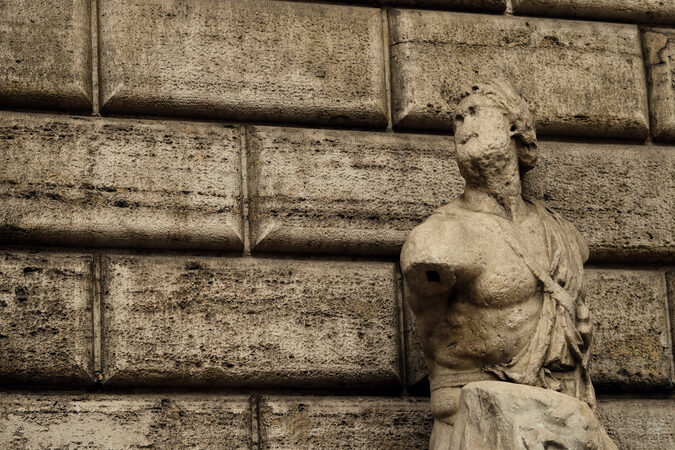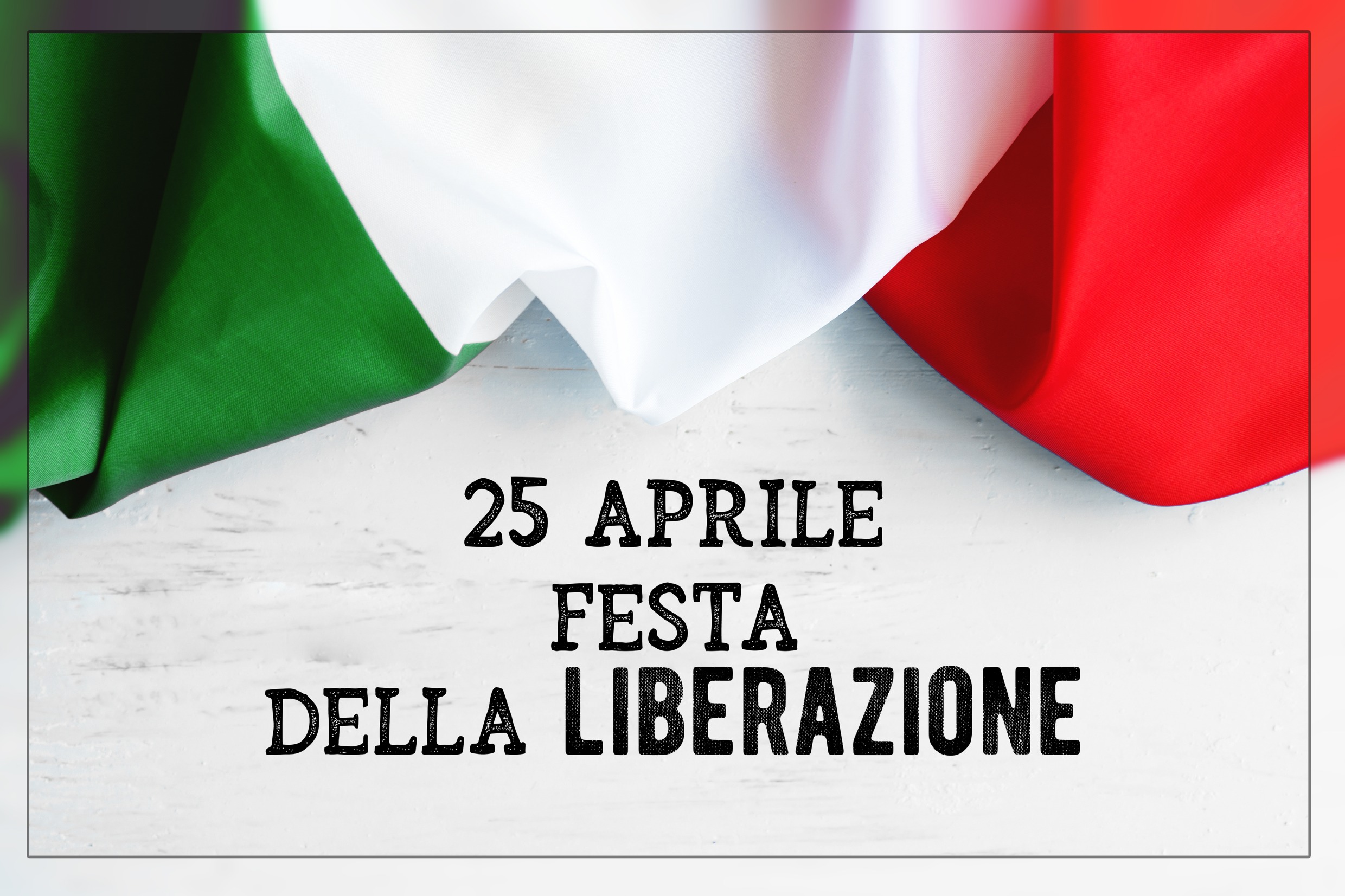Dear Readers,
Rosh Hashanah, also known as “Jewish New Year”, begins September 18 2020 at sundown and marks the beginning of the civil year according to the teachings of Judaism and is the traditional anniversary of the creation of Adam and Eve, the first man and woman, according to the Hebrew Bible.
Rosh Hashanah customs include eating symbolic foods such as apples dipped in honey, hoping to evoke a sweet new year, as well as hearing or sounding the shofar (a cleaned out ram’s horn). On Rosh Hashanah, Jewish tradition tells us that God opens up three books, one for those who were righteous during the year, one for those who were wicked, and one for those whose good and bad deeds balanced.
***
As Rosh Hashanah begins, I thought I would share some “Righteous Italian Gentile” info with you about ordinary people who helped save many Jewish lives during World War II.
Approximately 80 percent of European Jews perished during WW II, 80 percent of Italy’s 40,000 Jews were saved. After Germany occupied Italy, Italian dictator Benito Mussolini yielded to Hitler’s request that Italy’s Jews be deported, but throughout the country, in cities and in rural areas, in churches and in private homes, Italians defied the Duce’s orders and protected thousands of Jews until the armies of the Allies arrived. In Rome Vito and Tina Spingi, superintendents of an apartment house, hid 13 Jews in their own apartment and a vacant one even though a Fascist official lived in the same building. A trolley worker, when approached by a Jewish man fleeing with his young son, hid the two for eight months until Rome was liberated in 1944.
The experience of one Jewish family, tells us a great deal. Riccardo Pacifici, 39, was chief rabbi of Genoa when the Germans crossed the border in September 1943 and restored Mussolini to power after he had been deposed by the Fascist Council and the Italian king. Prior to this time, there had been no deportations from Italy of either Italians or foreign Jews. But with the Germans in Italy, it was likely that Jews who were not in hiding would be captured and deported.
Archbishop Boetto of Genoa offered hiding places to the rabbi, his wife and their two sons. Rabbi Pacifici accepted for his family but refused for himself, saying that as long as there were Jews who needed him, he would not desert his post.
On November 2, the Germans threatened to kill the children of the Jewish custodian of the synagogue if he didn’t summon the rabbi. Rabbi Pacifici was captured, imprisoned and tortured, despite pleas of Archbishop Boetto and his offer of gold in exchange for the rabbi’s release. Even under torture, the rabbi never revealed what the Nazis wanted: the names and addresses of other Jews. Rabbi Pacifici was delivered to Auschwitz on Saturday, December 11 and was seen entering the gas chamber on December 12, 1943. His wife, Wanda, 36, had been taken to the Convent of the Sisters of the Carmine in Florence. At 3 a.m. on her sixth night in the convent, the Germans broke in, found the 50 Jewish women hidden there and deported them to Auschwitz.
There, she too died.
Only the children were left, hidden just outside Florence in a convent school for boys.
Emanuele was twelve, Raffaele five. For nine months the nuns concealed the children’s identity. Since Pacifici was a Jewish name, they called the boys by a different name, and made excuses for the boys never taking communion.
In 1944, the Allied armies liberated Florence. The nuns entrusted the two Pacifici boys to one of the soldiers of the British Eighth Army’s Jewish Brigade. He took them to the rabbi’s parents, who had survived the war and were living in Rome. Emanuele Pacifici became a buisinessman and unofficial archivist of the history and culture of the Jews in Italy, and especially of events connected with the Holocaust. He amassed thousands of documents and slides, and has lectured widely on the subject.
Pacifici singled out railroad workers for special praise. The workers invoked endless red tape to delay carrying out deportation orders, diverted trains, put equipment out of commission and, in one case, threatened to shoot the Germans escorting a train if they didn’t allow the railroad workers to open the railway cars and give water to the deportees.
As in the case of the Pacifici family, the clergy played a significant role in saving thousands of Jews. Pope Pius XII surely knew of these activities, and it appears that, after October 1943, he himself asked the churches and convents to hide Jews. The list of “Righteous Gentiles” in Italy is heavily weighted with the names of Catholic priests. Padre Cipriano Ricotti, recalled: “During the war I became involved with the Jews when I was called by Cardinal della Costa and asked if I was willing to dedicate myself to the Jews who had come in from Yugoslavia and France. They came without documents and with no knowledge of the language, and it would have been easy for them to be picked up and persecuted.” Cardinal Elia della Costa, Archbishop of Florence, also enlisted the help of a parish priest named Don Leto Casini and a Dominican monk. Together with other people, they dedicated themselves to hiding Jews in convents, or, if they had some money, to finding private homes whose owners would rent space to them.
In Assisi the clergy are more widely known for their rescue of Jews and thousands of non-Jewish refugees later pouring in from the south, fleeing the bombing as the Allies advanced north. They expected that the birthplace of Saint Francis, patron saint of Italy, would be declared an open city and that neither side would bomb.
***
Cari lettori,
Rosh Hashanah, noto anche come “Capodanno ebraico”, inizia il 18 settembre 2020 al tramonto e segna l’inizio dell’anno civile secondo gli insegnamenti del giudaismo ed è il tradizionale anniversario della creazione di Adamo ed Eva, il primo uomo e la prima donna, secondo la Bibbia ebraica.
Le usanze del Rosh Hashanah includono mangiare cibi simbolici come le mele immerse nel miele, sperando di evocare un dolce anno nuovo, così come ascoltare o suonare lo shofar (un corno d’ariete svuotato). Sul Rosh Hashanah, la tradizione ebraica dice che Dio apre tre libri, uno per i giusti durante l’anno, uno per i malvagi e uno per quelli le cui buone e cattive azioni sono in equilibrio.
***
All’inizio di Rosh Hashanah, ho pensato di condividere con voi alcune informazioni sui “Giusti e Gentili Italiani”, sulla gente comune che ha contribuito a salvare molte vite di ebrei durante la seconda guerra mondiale.
Circa l’80 per cento degli ebrei europei morirono durante la seconda guerra mondiale, l’80 per cento dei 40.000 ebrei italiani furono salvati. Dopo l’occupazione dell’Italia da parte della Germania, il dittatore italiano Benito Mussolini cedette alla richiesta di Hitler di deportare gli ebrei italiani, ma in tutto il Paese, nelle città e nelle zone rurali, nelle chiese e nelle case private, gli italiani sfidarono gli ordini del Duce e protessero migliaia di ebrei fino all’arrivo degli eserciti degli Alleati. A Roma Vito e Tina Spingi, amministratori di un condominio, nascosero 13 ebrei nel loro appartamento e in uno sfitto, anche se nello stesso palazzo viveva un funzionario fascista. Un carrettiere, avvicinato da un ebreo in fuga con il suo giovane figlio, nascose i due per otto mesi fino alla liberazione di Roma nel 1944.
L’esperienza di una famiglia ebrea ci dice molto. Riccardo Pacifici, 39 anni, era rabbino capo di Genova quando i tedeschi attraversarono il confine nel settembre 1943 e riportarono Mussolini al potere dopo che era stato deposto dal Consiglio fascista e dal re d’Italia. Prima di allora non c’erano state deportazioni dall’Italia né di italiani né di ebrei stranieri. Ma con i tedeschi in Italia, era probabile che gli ebrei che non si nascondevano sarebbero stati catturati e deportati.
L’arcivescovo Boetto di Genova offrì un nascondiglio al rabbino, a sua moglie e ai loro due figli. Il rabbino Pacifici accettò per la sua famiglia ma rifiutò per sé stesso, dicendo che finché ci fossero stati ebrei che avevano bisogno di lui, lui non avrebbe abbandonato il suo posto.
Il 2 novembre i tedeschi minacciarono di uccidere i figli del custode ebreo della sinagoga se non avesse convocato il rabbino. Il rabbino Pacifici fu catturato, imprigionato e torturato, nonostante le suppliche dell’arcivescovo Boetto e la sua offerta di oro in cambio della liberazione del rabbino. Anche sotto tortura, il rabbino non rivelò mai ciò che i nazisti volevano: i nomi e gli indirizzi di altri ebrei. Il rabbino Pacifici fu mandato ad Auschwitz sabato 11 dicembre e fu visto entrare nella camera a gas il 12 dicembre 1943. Sua moglie Wanda, 36 anni, era stata portata al Convento delle Suore del Carmine a Firenze. Alle 3 del mattino della sua sesta notte nel convento, i tedeschi fecero irruzione, vi trovarono le 50 donne ebree lì nascoste e le deportarono ad Auschwitz.
Anche lei è morta lì.
Rimasero solo i bambini, nascosti appena fuori Firenze in una scuola conventuale per ragazzi.
Emanuele aveva dodici anni, Raffaele cinque. Per nove mesi le suore nascosero l’identità dei bambini. Siccome Pacifici era un nome ebraico, chiamavano i ragazzi con un nome diverso, e inventavano scuse perchè i ragazzi non facevano mai la comunione.
Nel 1944 gli eserciti alleati liberarono Firenze. Le suore affidarono i due ragazzi Pacifici a uno dei soldati della Brigata Ebraica dell’Ottava Armata Britannica. Lui li riportò ai genitori del rabbino, che erano sopravvissuti alla guerra e vivevano a Roma. Emanuele Pacifici divenne un uomo d’affari e un archivista non ufficiale della storia e della cultura degli ebrei in Italia, e soprattutto delle vicende legate all’Olocausto. Ha accumulato migliaia di documenti e diapositive, e ha tenuto numerose conferenze sull’argomento.
Pacifici dedicò ai lavoratori delle ferrovie un elogio speciale. I lavoratori invocarono un’infinita burocrazia per ritardare l’esecuzione degli ordini di espulsione, deviarono i treni, misero fuori uso le attrezzature e, in un caso, minacciarono di sparare ai tedeschi che scortano un treno se non avessero permesso ai lavoratori delle ferrovie di aprire i vagoni e dare acqua ai deportati.
Come nel caso della famiglia Pacifici, il clero ha avuto un ruolo significativo nel salvare migliaia di ebrei. Papa Pio XII era sicuramente a conoscenza di queste attività, e sembra che, dopo l’ottobre 1943, sia stato lui a chiedere alle chiese e ai conventi di nascondere gli ebrei.
La lista dei “Giusti Gentili” in Italia si è molto allungata con i nomi dei sacerdoti cattolici. Padre Cipriano Ricotti, ricordava: “Durante la guerra mi occupai degli ebrei quando fui chiamato dal cardinale della Costa e mi chiese se ero disposto a dedicarmi agli ebrei che erano arrivati dalla Jugoslavia e dalla Francia. Erano arrivati senza documenti e senza conoscenza della lingua, e sarebbe stato facile per loro essere presi e perseguitati”. Anche il cardinale Elia della Costa, arcivescovo di Firenze, chiese l’aiuto di un parroco di nome don Leto Casini e di un frate domenicano. Insieme ad altre persone, si dedicarono a nascondere gli ebrei nei conventi, o, se avevano un po’ di soldi, trovavano case private i cui proprietari avrebbero affittato loro degli spazi.
***
Ad Assisi il clero è più conosciuto per il salvataggio di ebrei e per le migliaia di profughi non ebrei che si riversavano da sud, in fuga dai bombardamenti mentre gli alleati avanzano verso Nord. Si aspettavano che il luogo di nascita di San Francesco, patrono d’Italia, sarebbe stato dichiarato città aperta e che nessuna delle due parti lo avrebbe bombardato.
